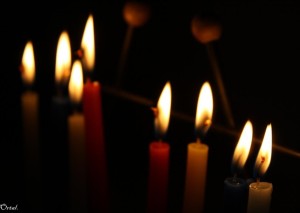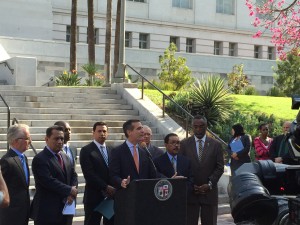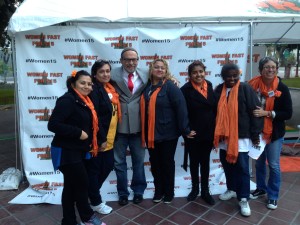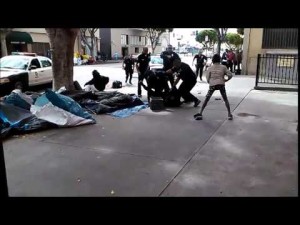
Mark Rothko no-8-1952
From childhood, it seems, we are inculcated with the grand themes of Passover: freedom from slavery! Liberation! Then, in different ways, we translate those themes into usable models for our lives: just as we were liberated, so too must we work for the liberation of others. As Michael Walzer documented in his book Exodus and Revolution, the Exodus story has inspired many groups in many parts of the world to revolution, to radically change their material existence.
Sometimes however, the overwhelmingly large themes overshadow the equally important though smaller moments. Those moments are often the things that actually move the dial, make a difference in the world. There is a wonderful and very short story in the Talmud (Pesachim 115b). The story follows a detailed discussion of the intricate choreography of the seder meal, the liturgical meal that Jews celebrate on Passover eve. Food on trays is brought in and then taken out. Wine is poured and drunk, and then poured again. Foods are dipped. And so on. Continue reading





